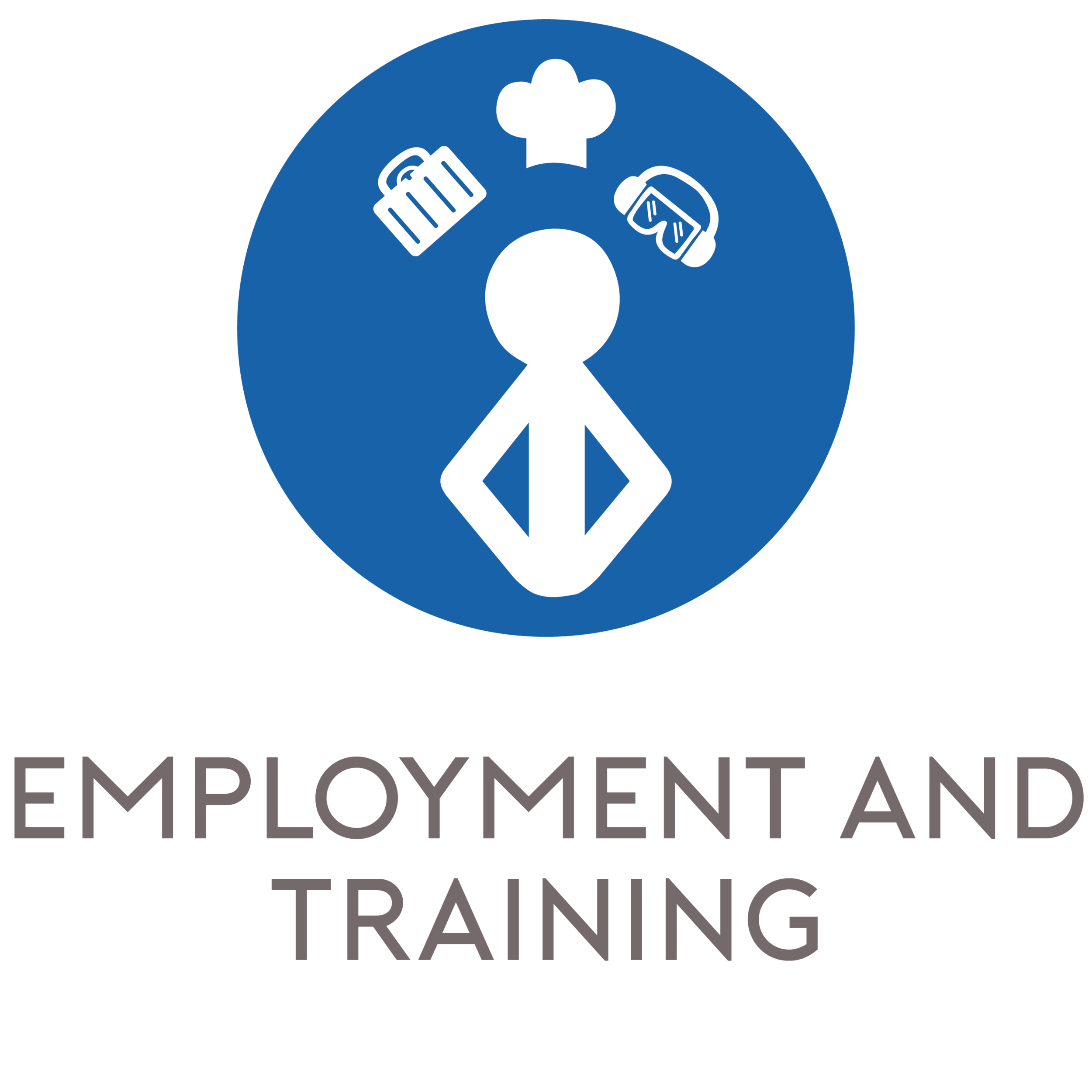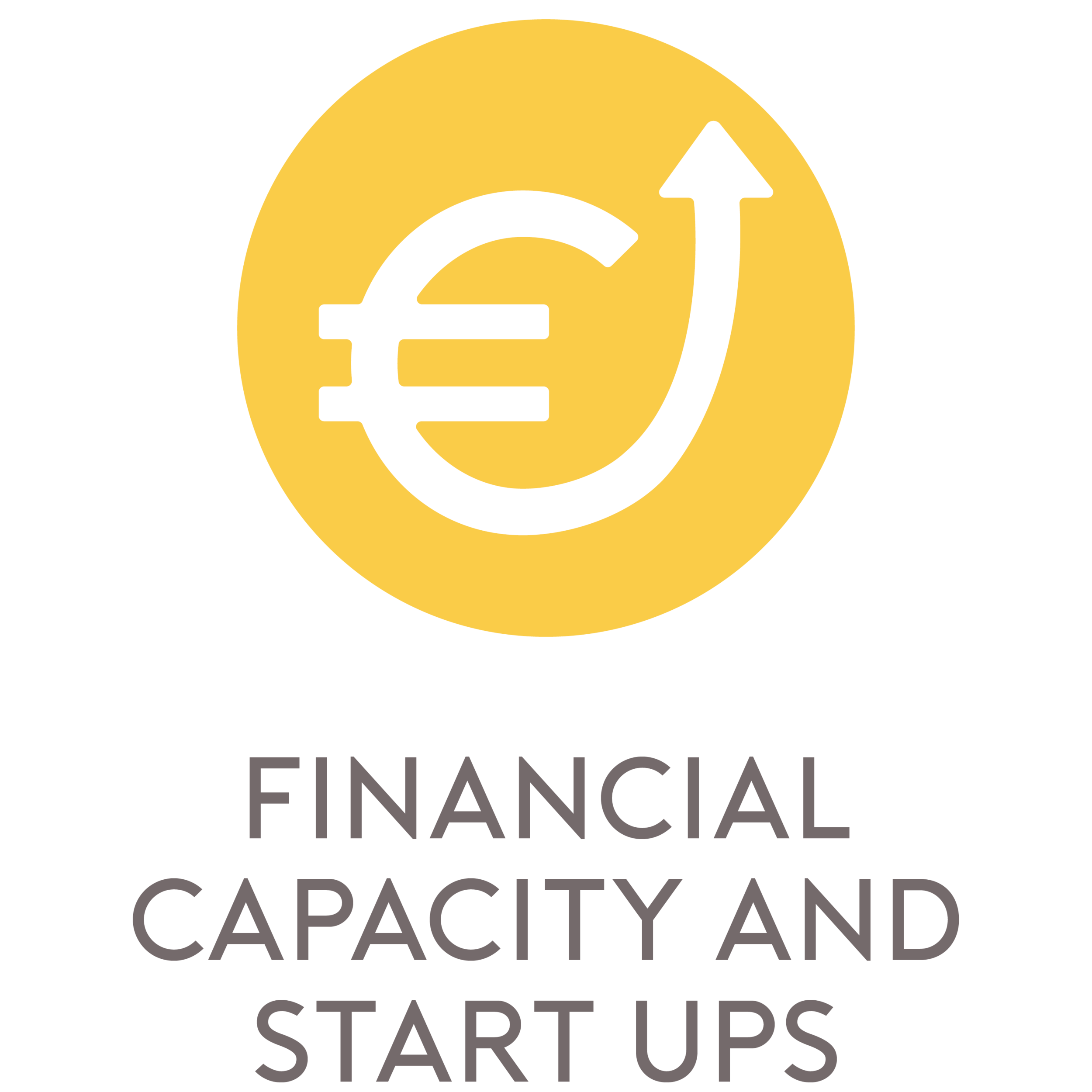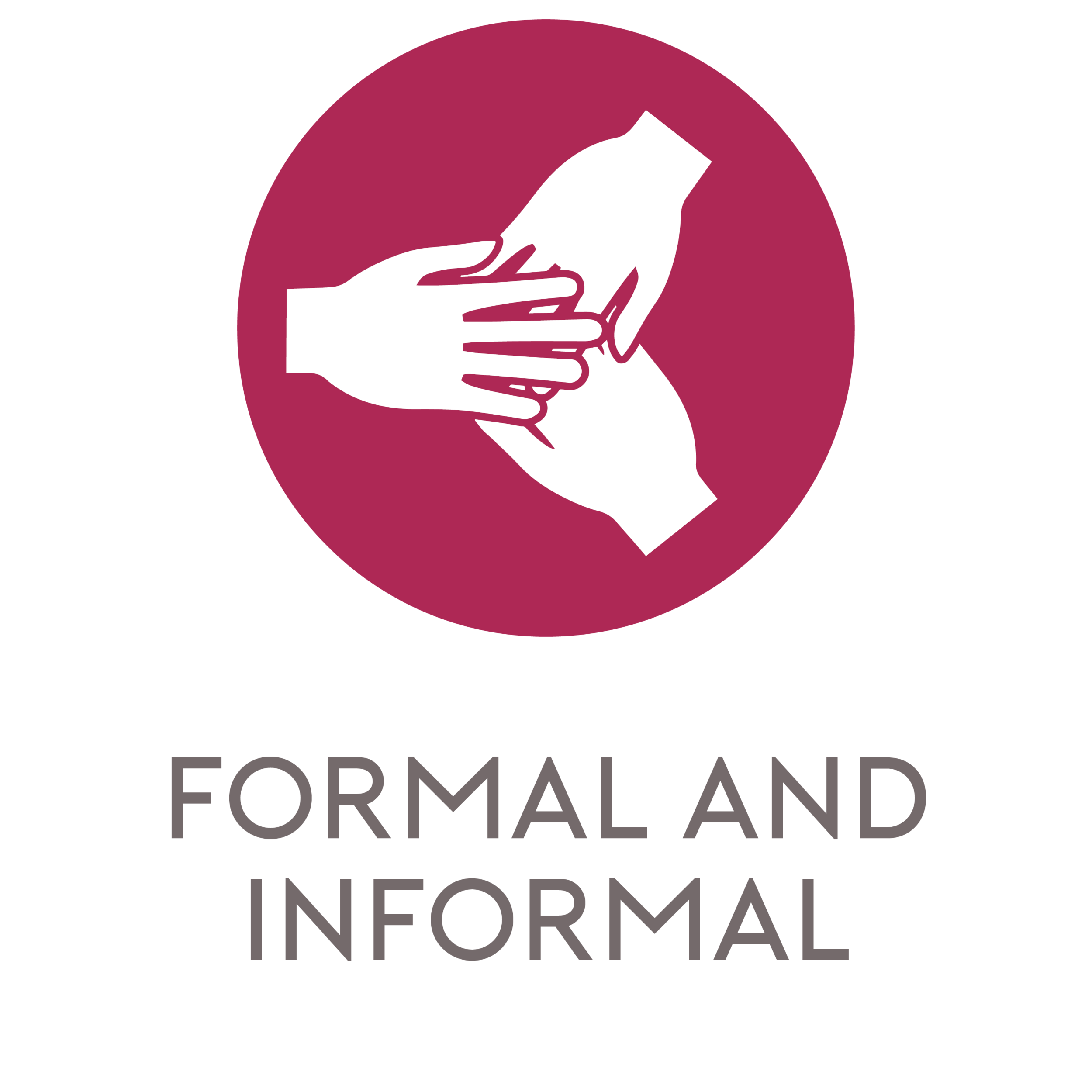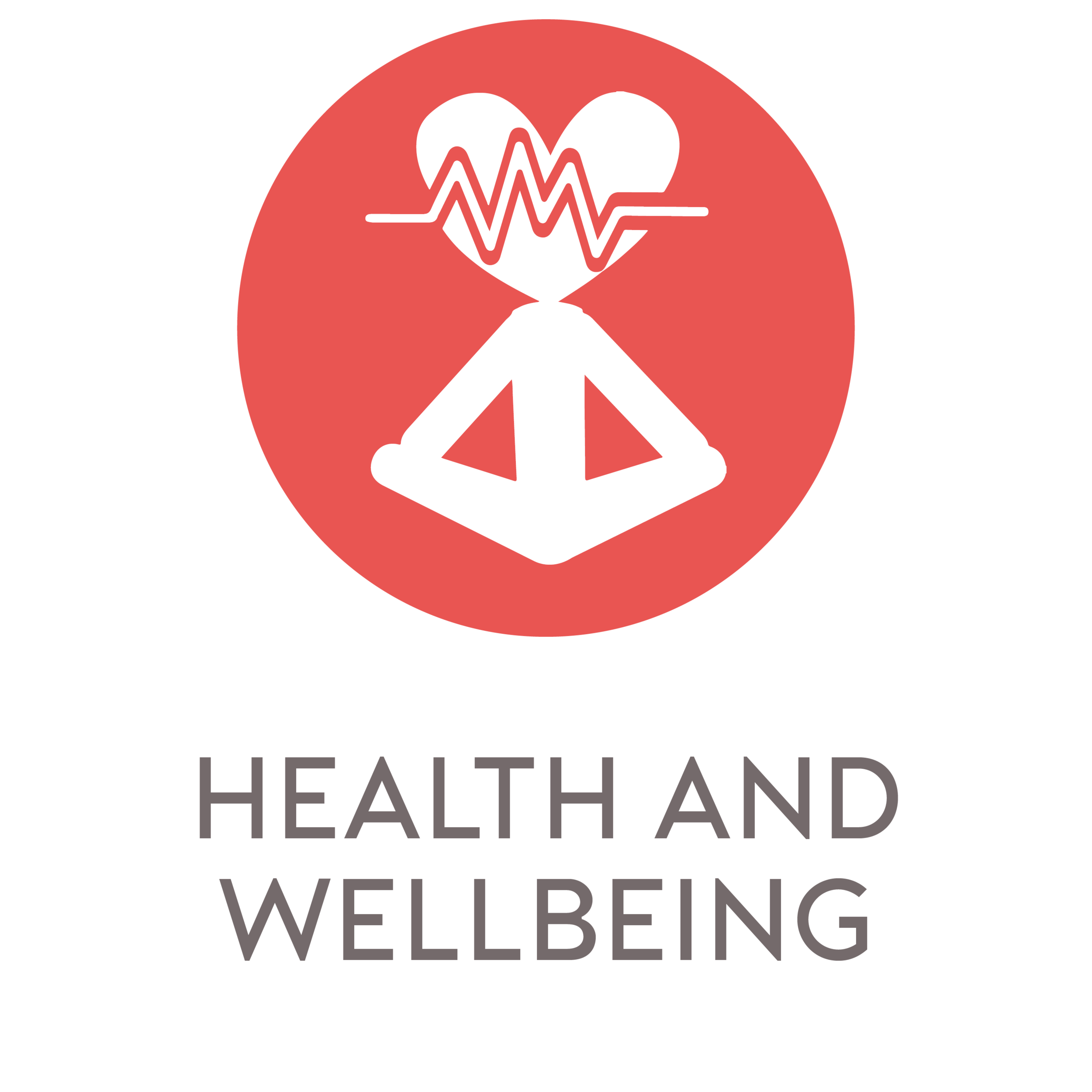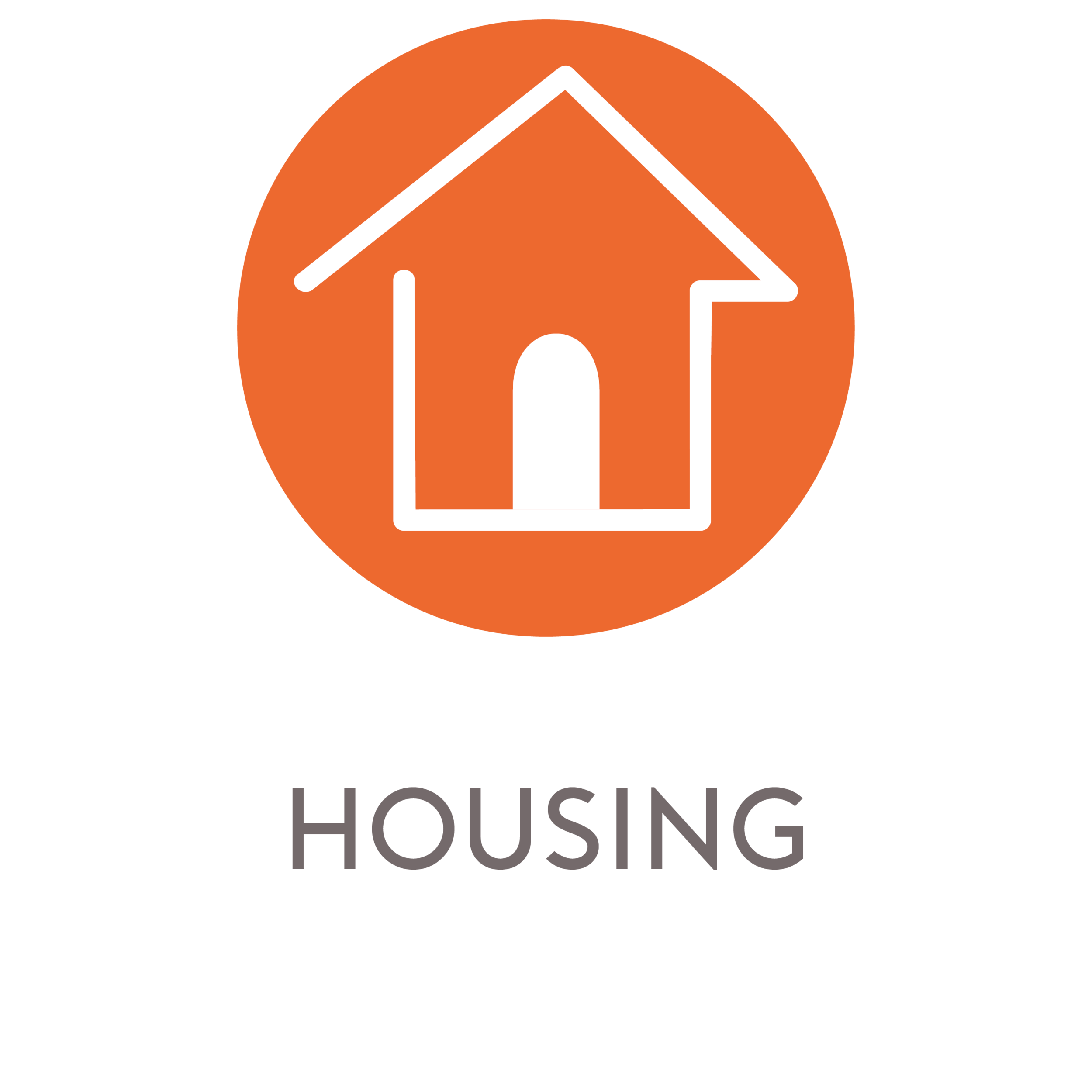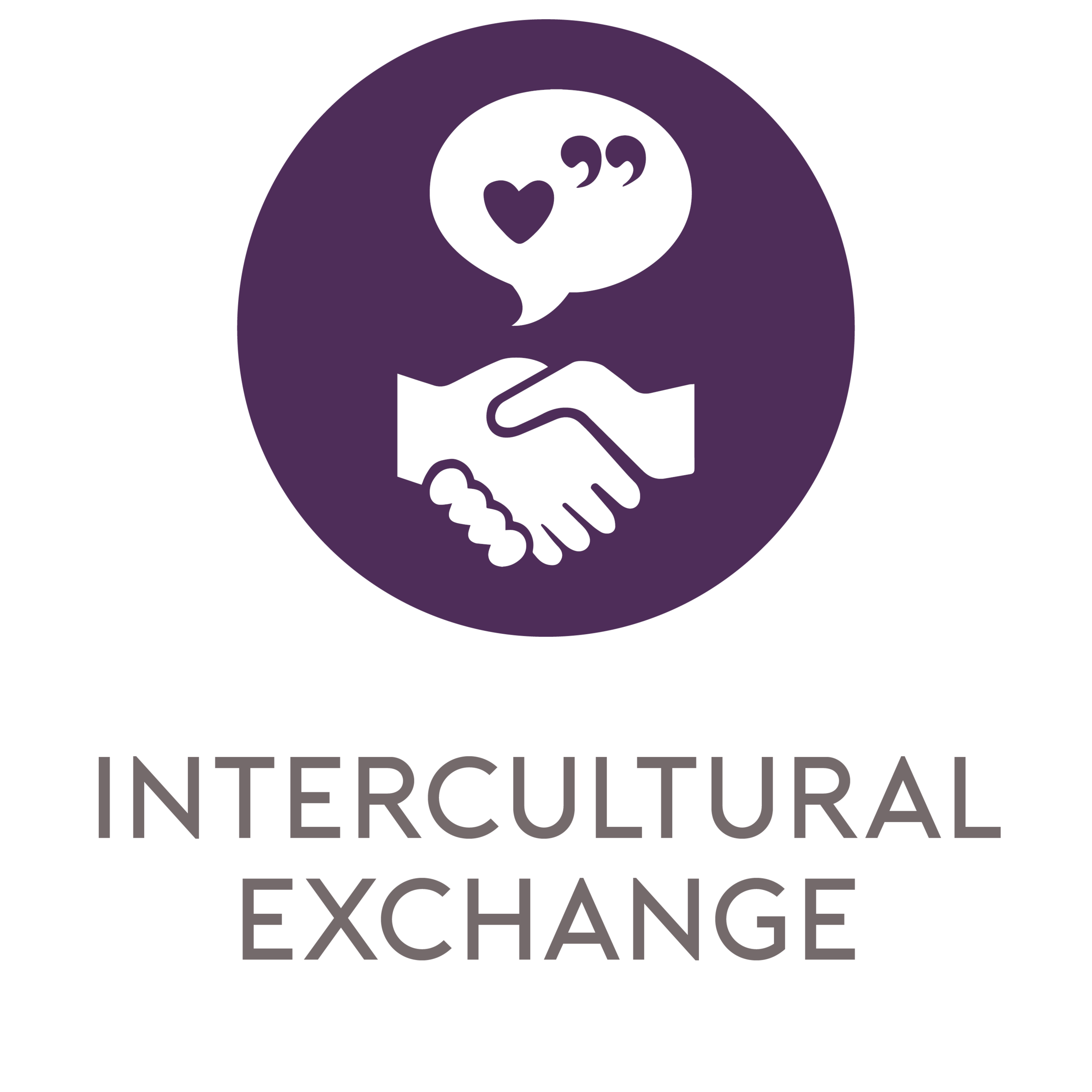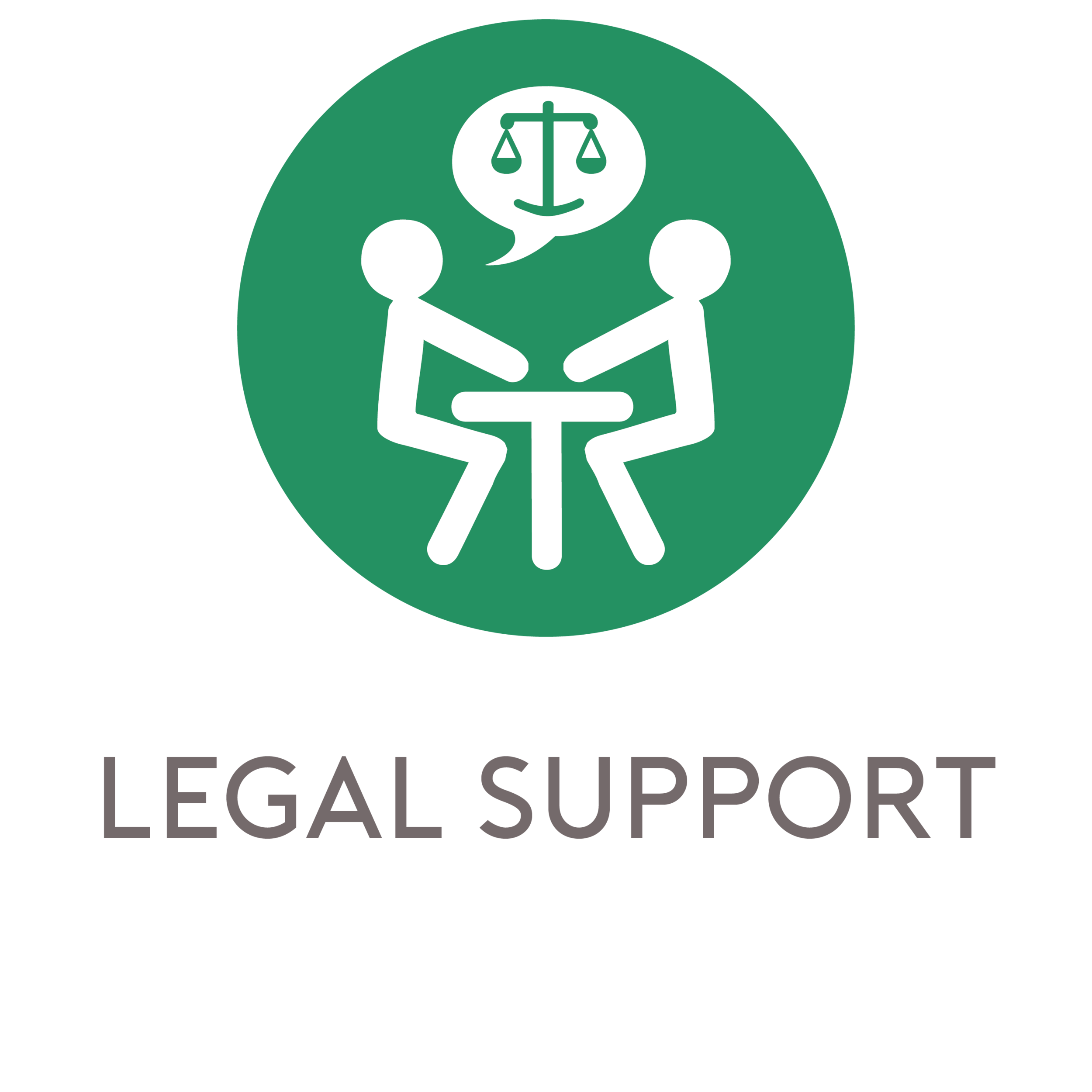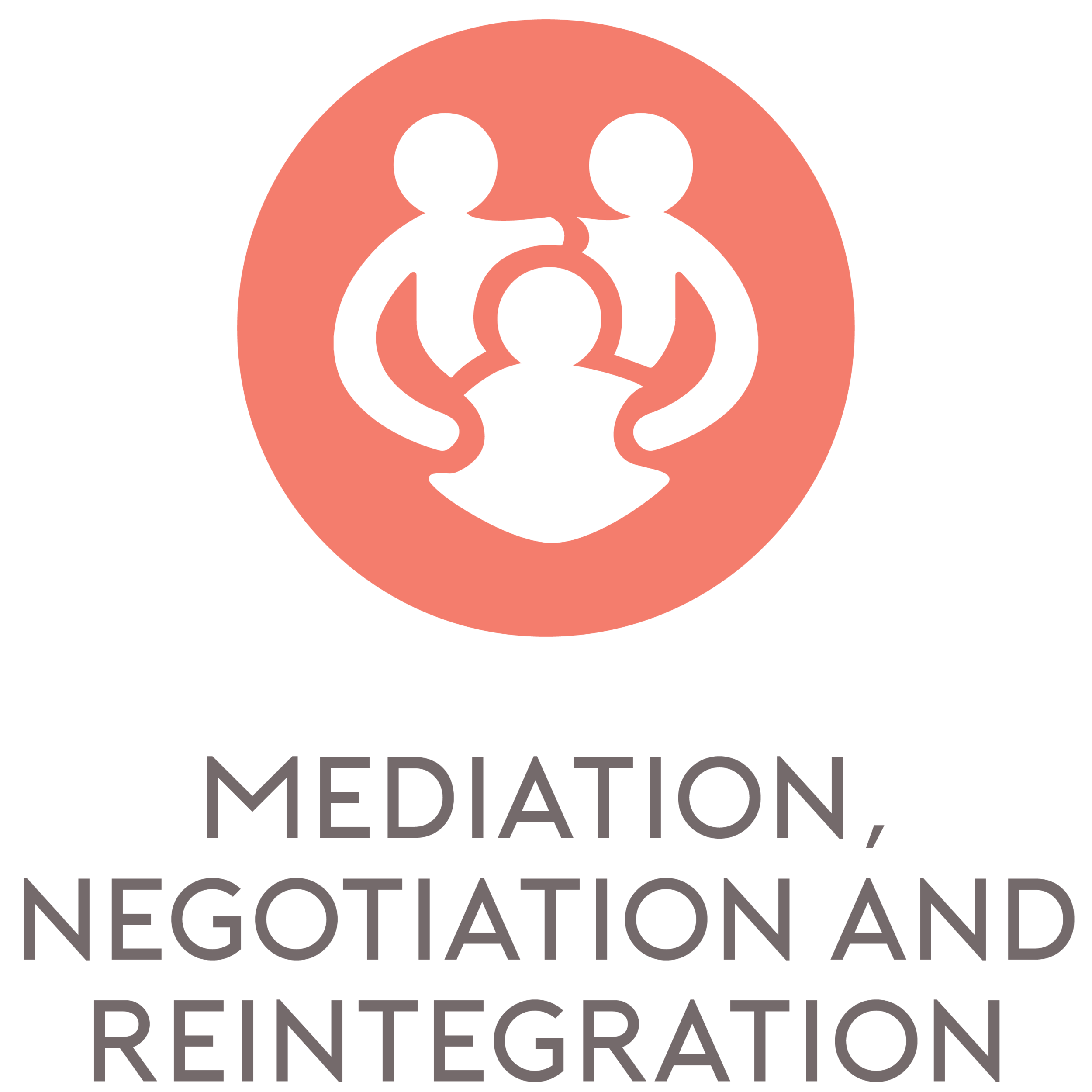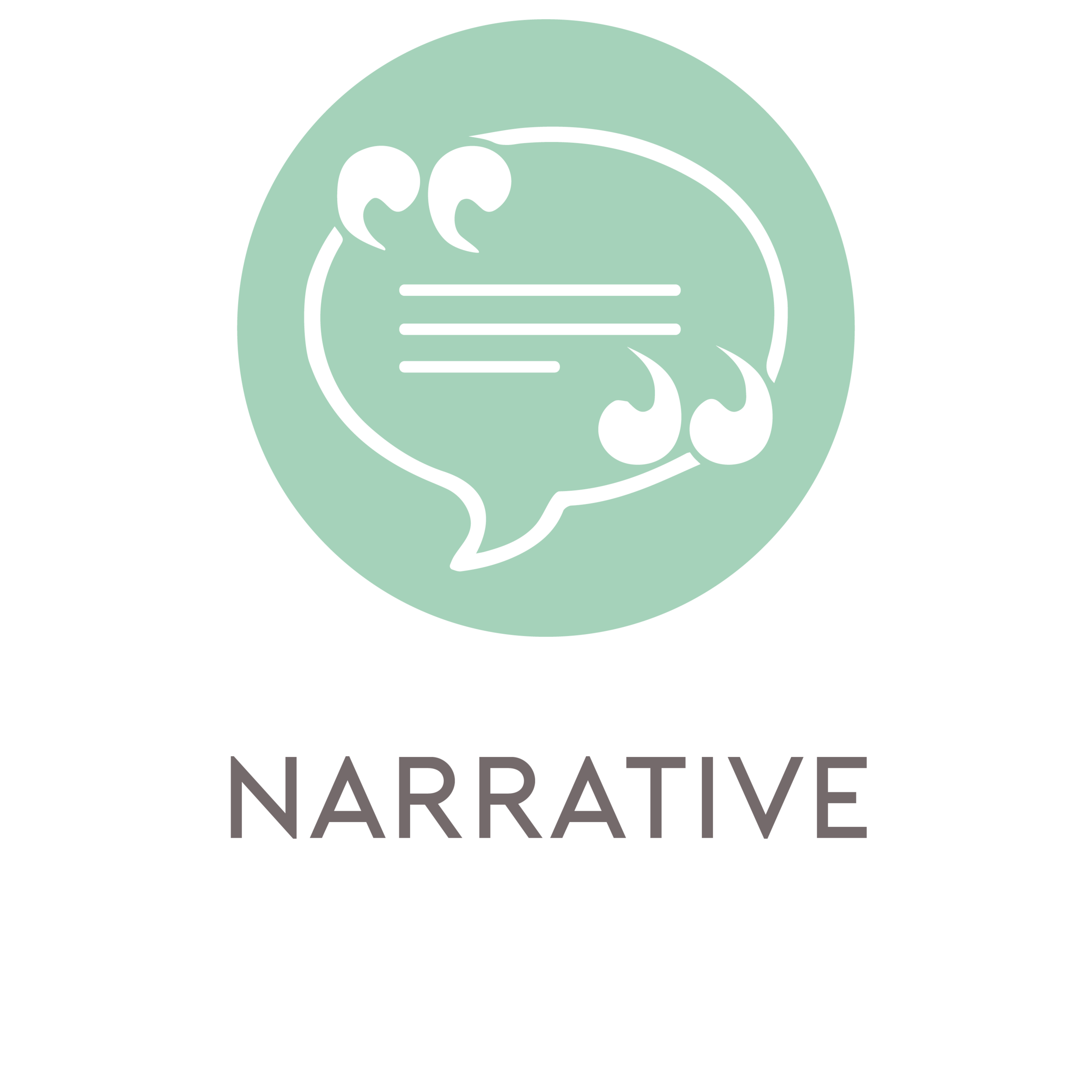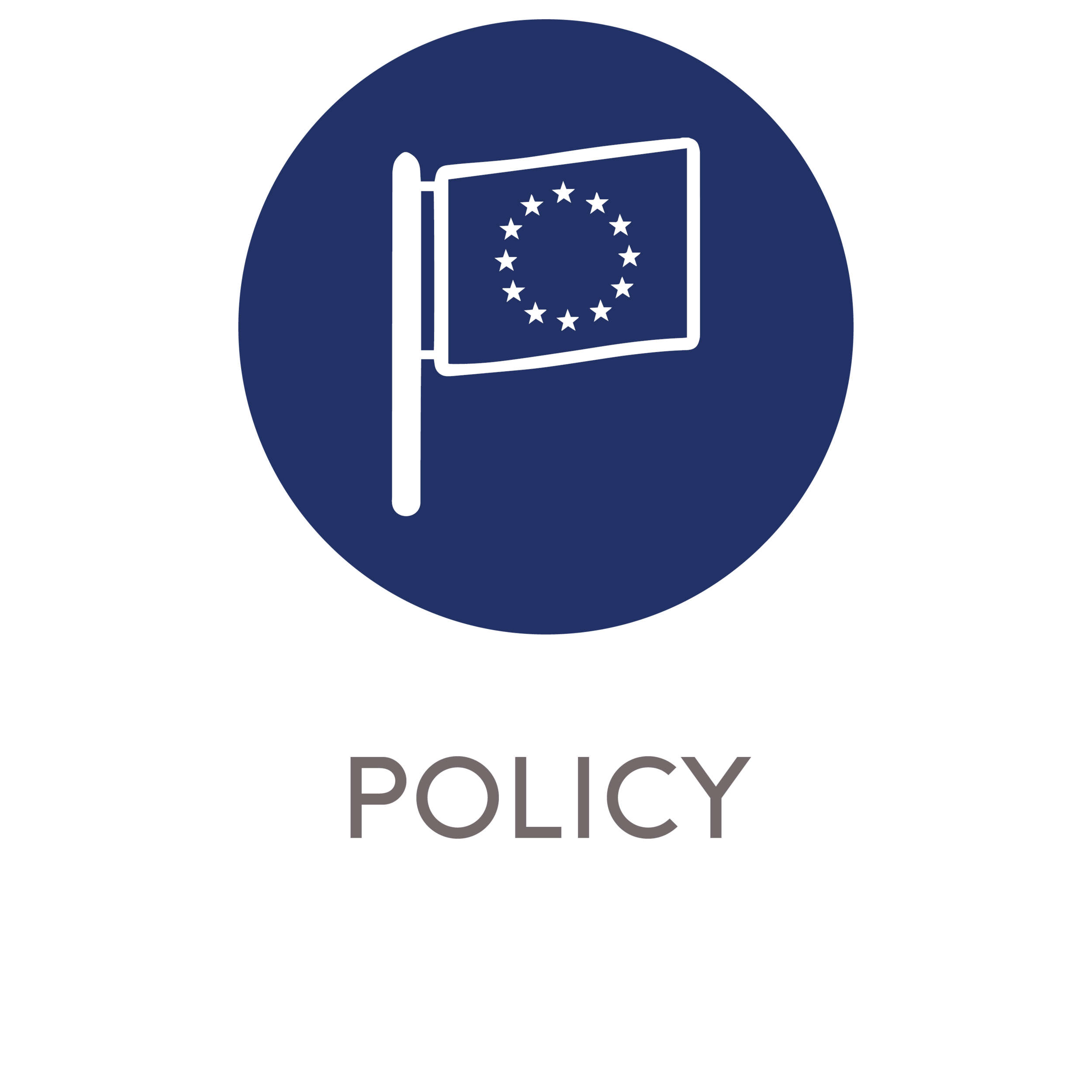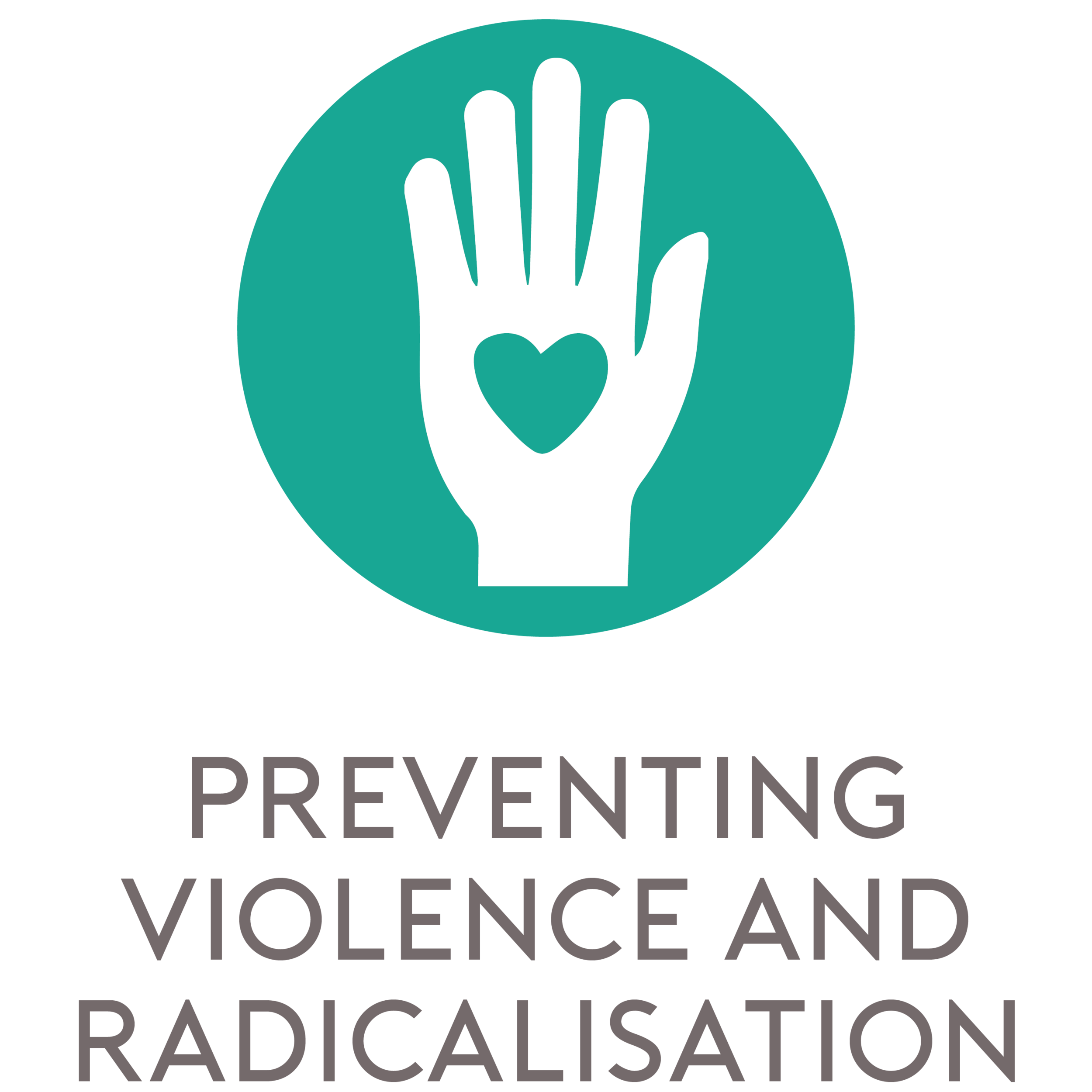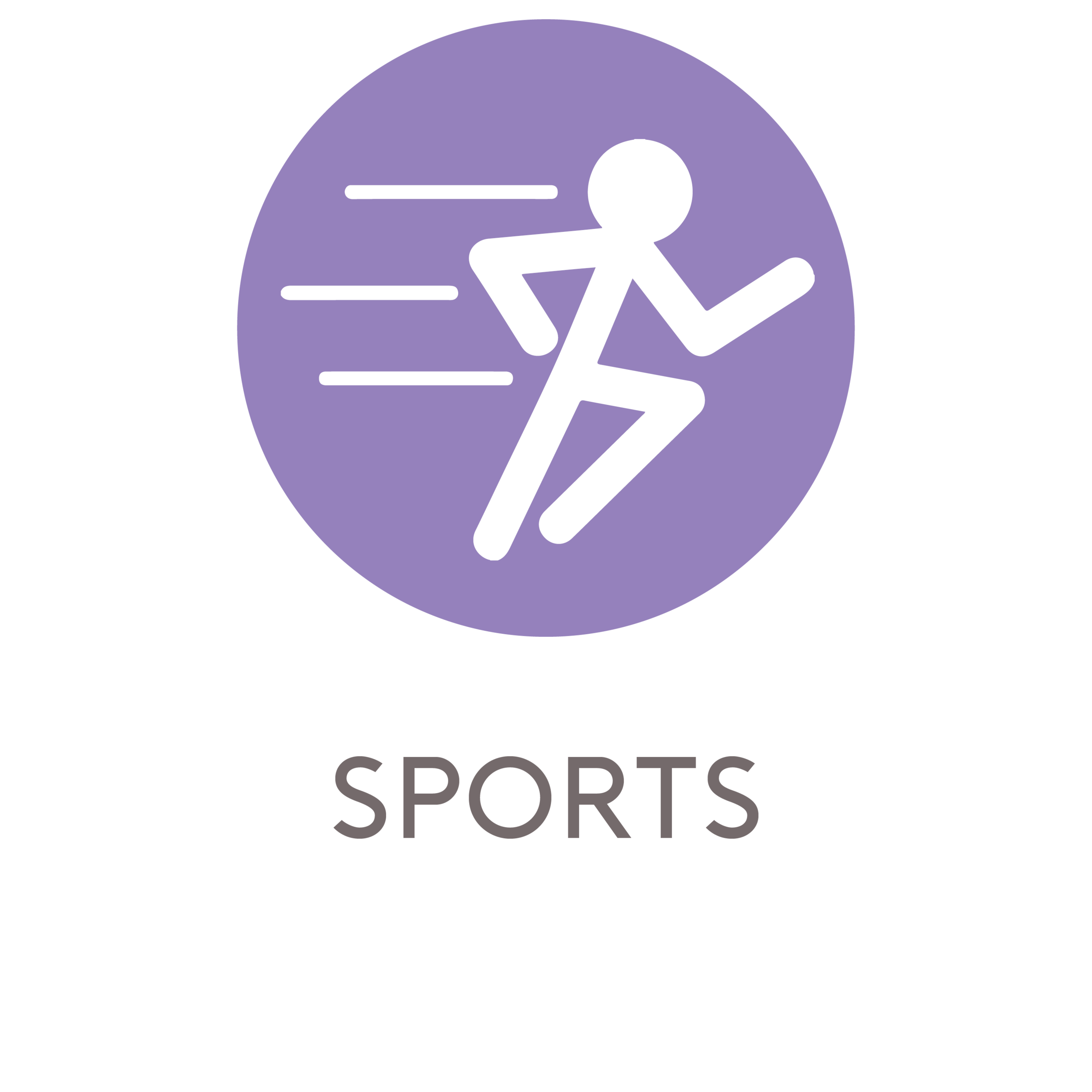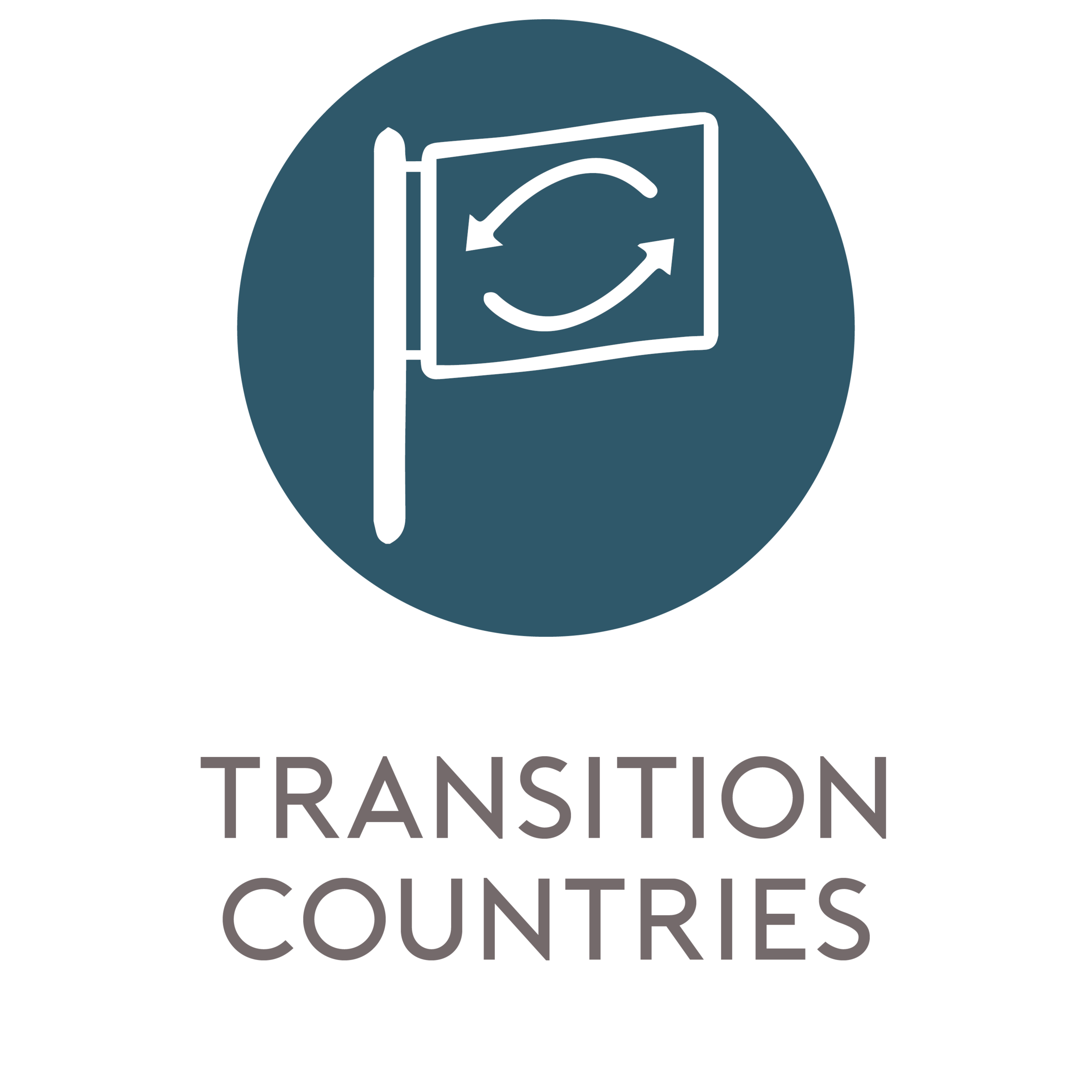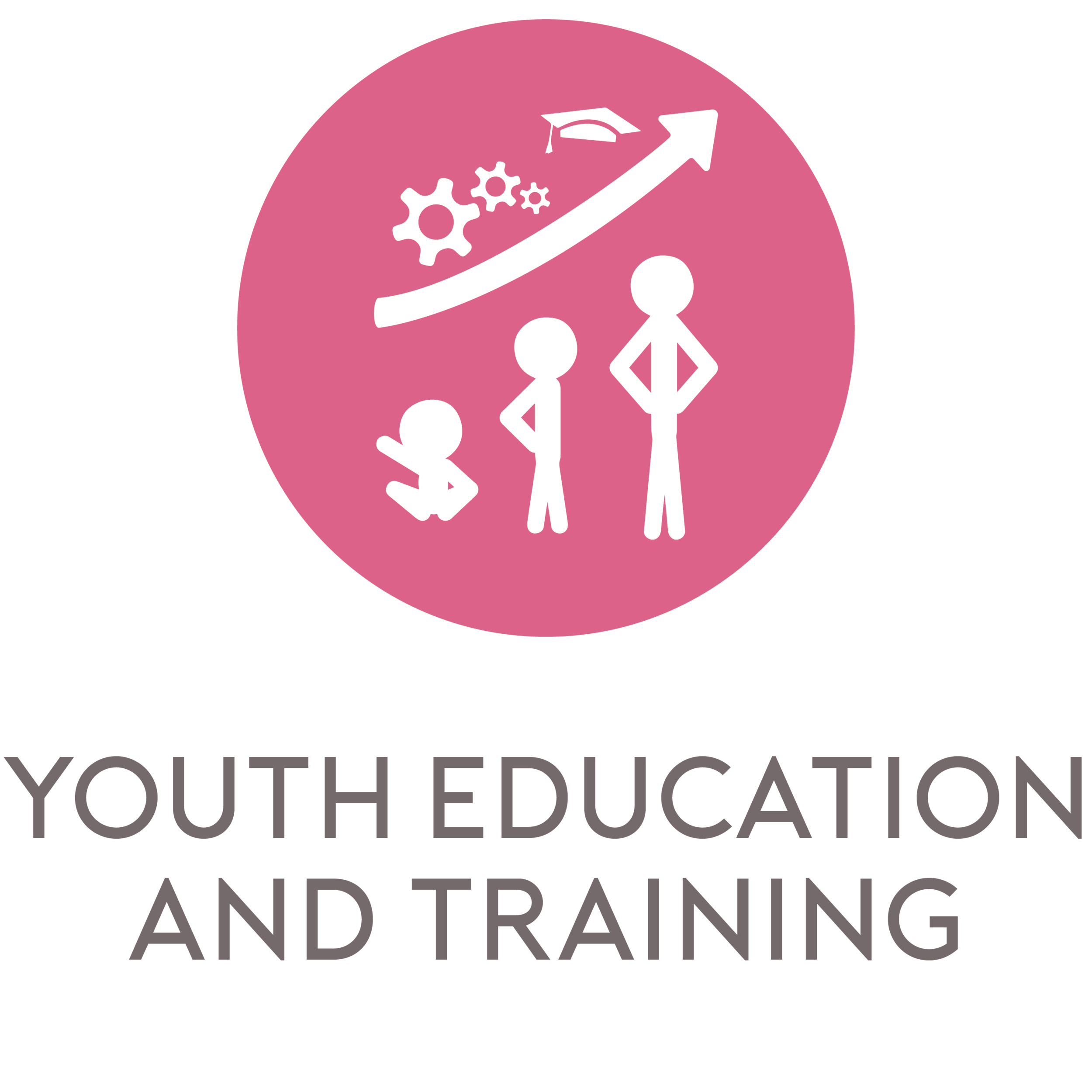+Portfolio of Solutions
―Sports
Dreams Academy
Ercan Tutal
Founded by Ashoka Fellow, Ercan Tutal
The Problem
There are many social, cultural, and architectural barriers that prevent people with a disability from participating in society. Equal accessibility is not widely considered in new projects or buildings, maintaining the perpetual inequality in opportunities for those who are differently abled.
The Solution
Dreams Academy provides a continuous programme of multidisciplinary activities, such as sports, painting and arts, for people with a disability. The project was set up in response to the many obstacles faced by people with disabilities in Turkey. Its founder being a scuba-diving instructor, viewed the sea as an Alternative World, which is free of barriers for people with disabilities. An earlier project promoted diving for people with disabilities, but Dreams Academy moves beyond that and offers different activities.
The Impact
Over 7,000 people with disabilities from 250 local and global organisations and 1,000 volunteers from around the world have been involved in Dreams Academy. Its ‘alternative camp’ has been replicated across Turkey and has become a self-sustaining innovative agent of social change.
GAME
Morten Bo Andersen + Emily Ronek
The Problem
Disadvantaged areas lack opporunities for children to engage in sport and afterschool activities. Such activities can help foster a sense of societal belonging, and its lack in children that grow up in deprived areas decreases their chances of employment. The increased negative effect of segregation in communities and schools, based on people’s socio-economic or ethnic background, contributes to reduced self-efficacy in disadvantaged neighbourhoods.
The Solution
GAME is a non-profit street sports organisation which creates lasting social change in disadvantaged areas. The organisation educates young volunteers to become leaders and role models in street sports and street culture. These ‘playmakers’ offer free and inclusive street sports activities in their own communities to help bridge differences. The programme brings together different urban sports, dance and urban culture.
The Impact
GAME works in 9 countries so far and engage 118,000 children in their activities yearly. With a total of over 15,000 beneficiaries and multiple activities, the project has played a prominent role in 30 local neighbourhoods in Denmark.
“For a lot of these kids, volunteers and participants alike, it is their first meeting with adults taking an interest in their situation. The continuous effort changes kids and volunteers before your very eye.”
Genç Engelliler Gençlik ve Spor Kulübü
Celal Karadoğan
Founded by Ashoka Fellow, Celal Karadoğan
The Problem
Children with a disability do not have access to adequate education and are often deprived from opportunities in sports, therefore lacking team building and missing out on shared experiences with their peers.
The Solution
Genç Engelliler Gençlik ve Spor Kulübü provides systematic solutions to change access to and understanding of education of children with a disability. The club brings together disabled and non-disabled athletes to engage in sports and develop projects together. The athletes from this club have won medals and are among the top rankings in the major championships such as Athletics World Championship, European Championship, Table Tennis European Championship, and swimming branches.
The Impact
To date, more than 1,000 children and young people have had the opportunity to do sports and develop projects together. To increase these opportunities, the project shares its experiences with other youth and disability organisations eventually aiming to influence policies at a national level.
Icehearts
Ville Turkka
The Problem
Children end up in foster care as a result of poverty, addiction or crime. The affected children often face social exclusion and gain limited social skills as a result.
The Solution
Icehearts aims to prevent social exclusion by enhancing social skills and promoting the well-being of children in a vulnerable position. The organisation provides consistent long-term support for vulnerable children, when they are often met by numerous professionals and difficulties. The organisation uses team sports as a tool to engage children in social work. Each team is led by a mentor that supports children at school, after school and at home for twelve years. Older team players introduce the children to various educational paths and career opportunities.
The Impact
Over 600 children and young people are involved in the activities of Icehearts, together forming 37 teams. With this approach, the organisation has helped save approximately 9 million euros from public institutions.
“When the boys were 8 years old, we had a summer camp. We went swimming, skating and had a good time together. It was quite rough for me as an educator. Many of the boys had behavioural problems and quite often they solved problems by fighting. On the last day I gave them t-shirts as presents. Tears were running down my cheeks and one of the newest boys asked why I was crying. Another boy answered him: He is crying because he likes us so much.”
IDROTT UTAN GRÄNSER
Admir Lukacevic
Founded by Ashoka Fellow Admir Lukacevic
The Problem
In Sweden, more than 40% of children with an immigrant background live in majority immigrant areas while 55% of all children with a Swedish background live in majority native Swedish neighbourhoods. Diverse immigrant communities are increasingly segregated from local citizens; a problem that begins upon arrival of a migrant. This segregation is reflected in the schools and their students.
The Solution
Idrott utan gränser (IUG) wants to give children the opportunity to shape their own future. Through positive role models and meaningful sports activities, IUG empowers children and young people to be seen and confirmed. The project engages a network of municipalities, schools and sports associations to run sports activities during and after school hours as well as during holidays. The concept is based on seeing, praising and confirming the actions of each child, encouraging them to participate actively, to build social relationships, to fail and to feel free to say ‘no’.
The Impact
IUG reaches 26,000 children weekly in 97 schools across 6 municipalities in Sweden. After 12 months of participation in the programme, 42% more children dare to speak up when bullying occurs.
“In every school class there are kids who are not seen and by catching kids at an early age by introducing activities during school and after school programs, then we have the opportunity to shape their future in the best possible way.”
Right to Play
Jonathan Koss
The Problem
Refugee youth, just as their parents, are struggling with integration into the local population. Engagement with locals of the same age can be difficult and the lack of interaction can foster a disinterest in contributing to their new ‘home’ society.
The Solution
The Right to Play programmes support the social, emotional, cognitive and physical development of children. Its interventions focus on three main areas: enhancing qualitative education, transforming health practices and building peaceful communities. Sport and play sit at the core of all related project activities. Right to Play can turn a race into a lesson about mathematics, or a football match into a lesson on communication. The applied learning methodology can further integration and engagement of refugee youth through fun and interactive games intentionally designed to teach critical life lessons.
The Impact
The organisation engages with children in 20 countries around the world, mainly in Africa, the Middle East and Asia. Through over 16,000 trained coaches and teachers, Right to Play supports playful learning of over one million children and youth to create better futures and lasting social change.
AERIAL DANCE GYM
Founder, Sofia Diduk
THE PROBLEM
In most post-Soviet states, such as Ukraine, rhythmic gymnastics and aerial dance are a very prominent part of the culture and one of the most popular sports. Gymnasts from those countries are among the best in the world. However, not many migrants are able to keep in training after moving away from their home countries, both because of financial barriers and a lack of training centers. Additionally, aerial dance can be a great remedy for problems stemming from a sedentary lifestyle, mental and physical disabilities, reduced mobility due to age, lack of novelty at traditional gyms and being uninspired to move.
THE SOLUTION
Aerial Dance Gym is a place where physical activity meets art. It provides a space for people to not only train and perfect this discipline, but also connect and bond with one another while experiencing a sport so fundamental to Ukrainian culture. Another positive side is that aerial dance can be practiced by virtually anyone – from children and elderly people to those with mental and physical disabilities. It does not pose a big risk of injury and may be used as a form of physiotherapy.
Aerial Dance Gym aims to promote physical activity by offering unique and creative classes, which also provide pain relief and help battle movement disorders.
THe IMPACT
Aerial Dance Gym is in the process of being created. Aerial Dance Gym aims to promote physical activity by offering unique and creative classes, which also provide pain relief and help battle movement disorders. Additionally, the center will provide free classes for people with disabilities as well as migrant families. In the future they plan on expanding the list of classes to yoga, fitness and more.
BALLSQUAD
Founder, Walid Barsali, Dorota Caban, Michel Tatarczuk
THE PROBLEM
Walid was once a professional basketball player in France and when he moved to Poland he found it difficult to find a suitable place to play so that he can enjoy his passion and meet other sport enthusiasts.
He realized that the issue was not that there were no sports grounds or available spaces to play, but that there was no place where one could easily access all the information about the facilities and make a quick reservation online. Even when he did manage to find an available place to play after a lot of searching and many phone calls, booking it was long and hard because of the complicated process of signing contracts and difficulties caused by a language barrier.
THE SOLUTION
BallSquad is a system and an app which connects the managers of public educational and sports venues, public administration with sports enthusiasts. It deals with the issues of centralization, management and availability of public facilities.
For citizens it is an app which allows to easily search for and book public sports venues. It has additional features such as creating games, assembling teams and splitting payments between players. The app is available in two languages: Polish and English.
THE IMPACT
The company was founded in 2017. Right now, it is conducting a pilot program in a couple of cities in Poland. BallSquad is looking to expand their team and start working with more city authorities.
For citizens it is an app which allows to easily search for and book public sports venues. It has additional features such as creating games, assembling teams and splitting payments between players.
For managers of public sports venues, it is a tool for generating more income from renting the fields and a system that allows effective management of commercial and noncommercial hours and slots (creating timetables for schools, keeping track of commercial clients’ transaction history, etc.). BallSquad places the venues on a map and helps them get more clients.
For public administration it is a system which falls into the Smart City category by giving the option of generating reports about the use of sports venues on their territory in order to be able to manage them more effectively. Data generated by the system allows public facilities to be better aligned with the citizens’ needs.


